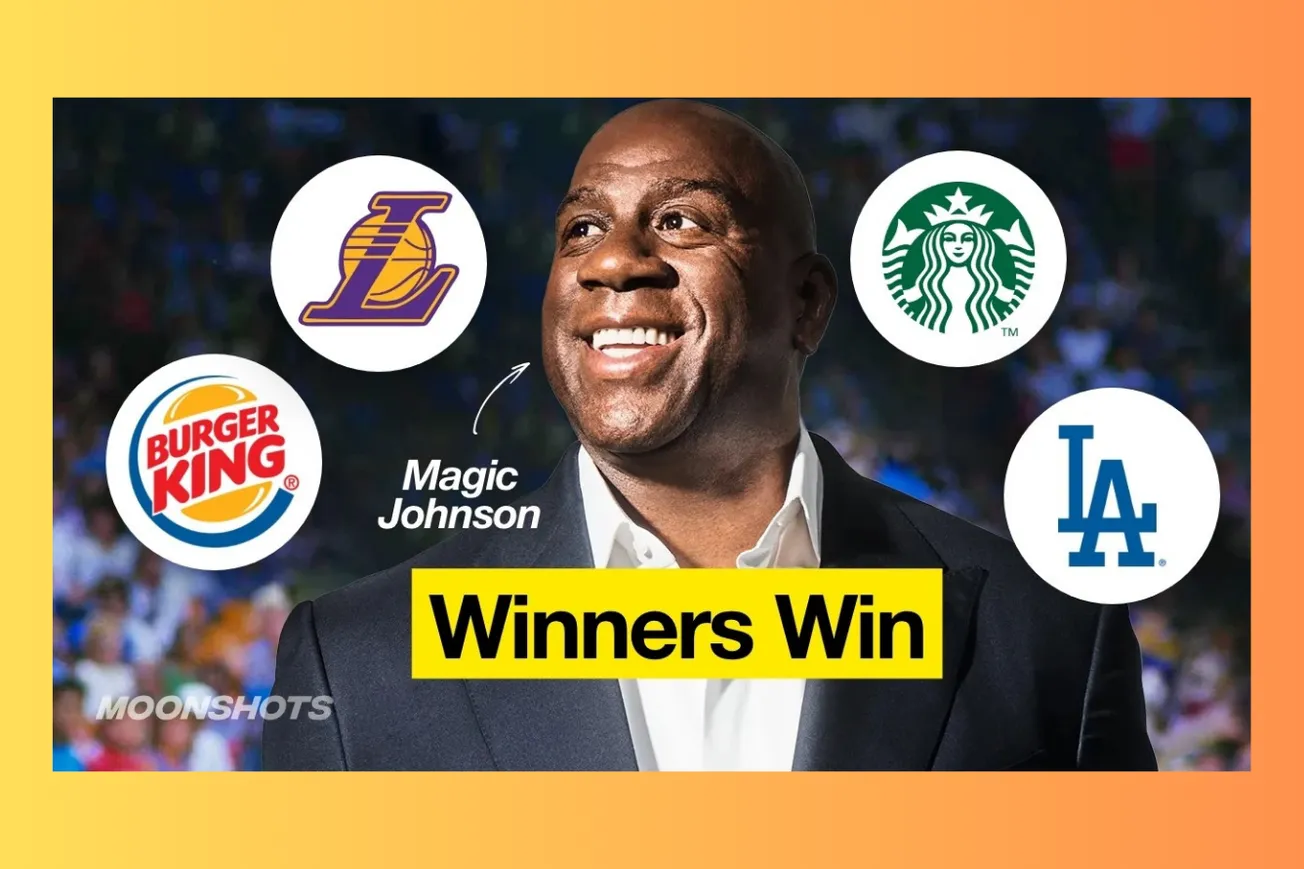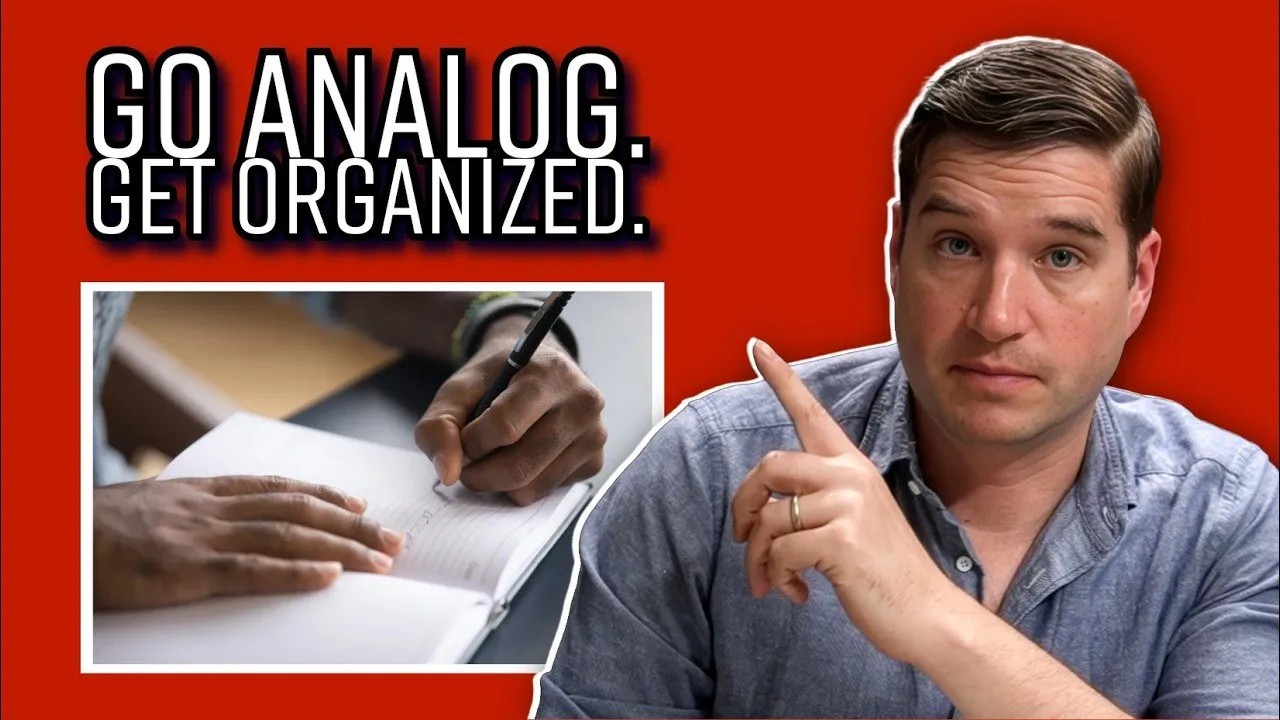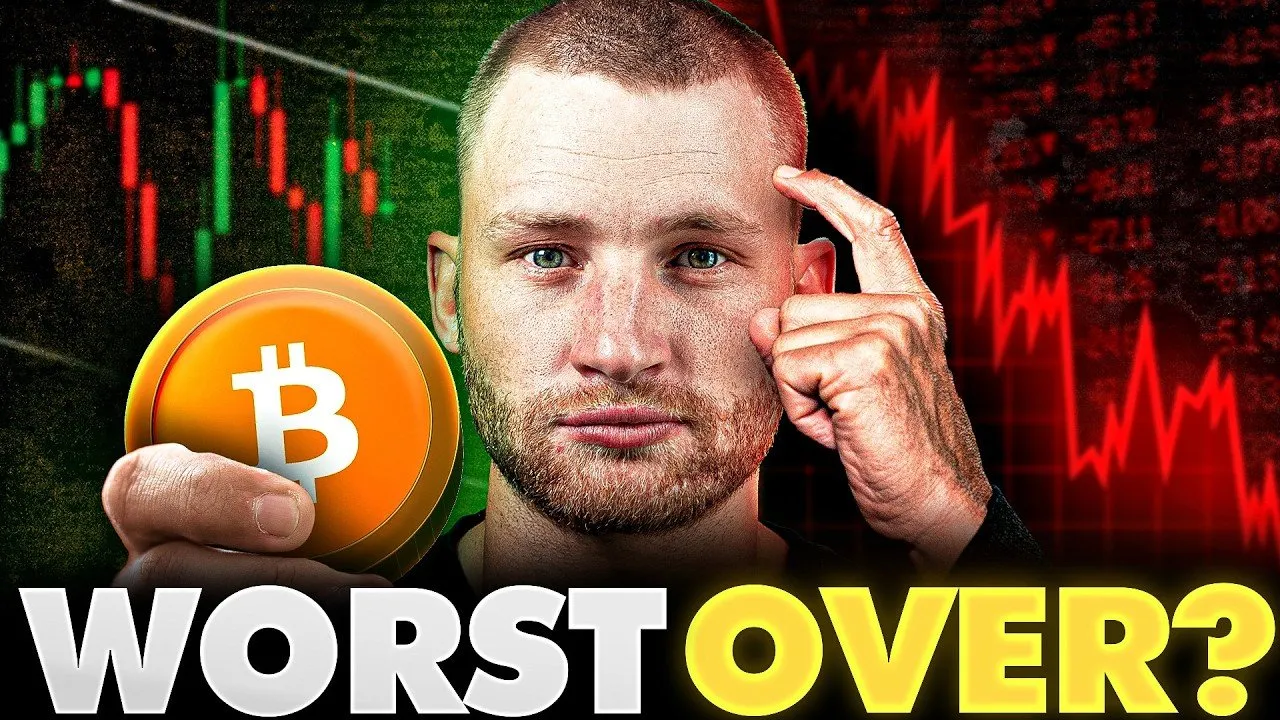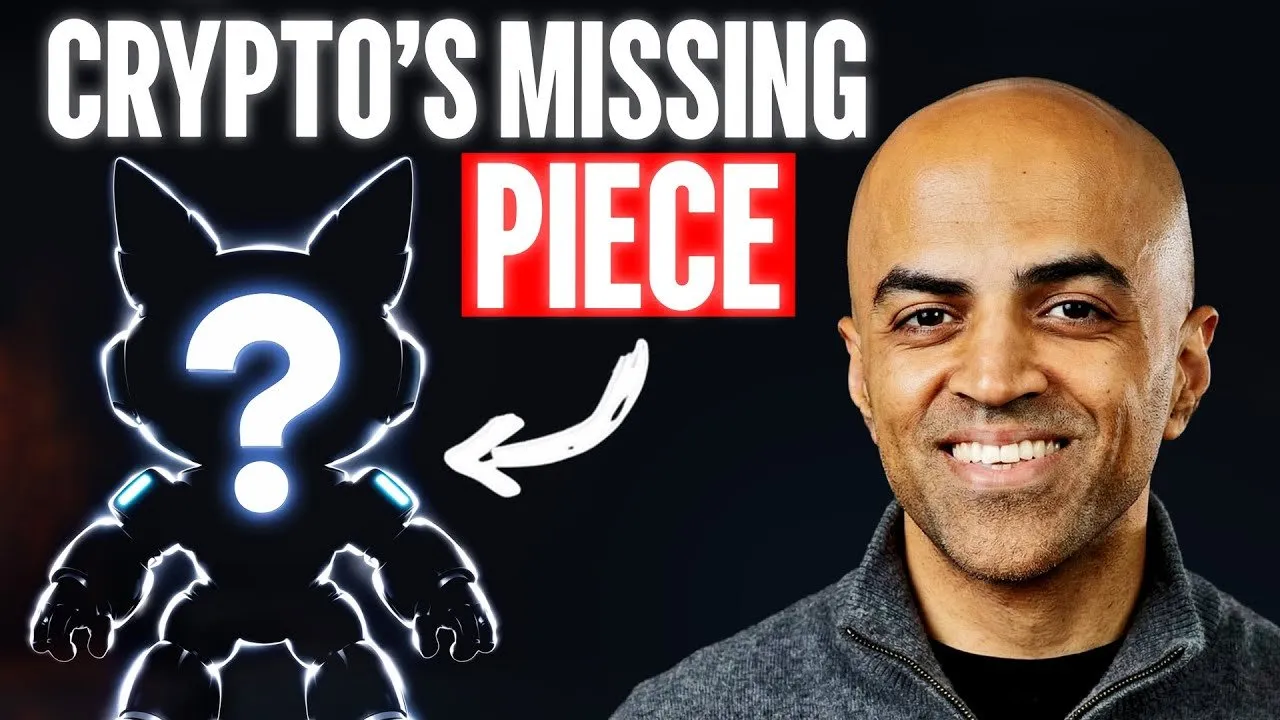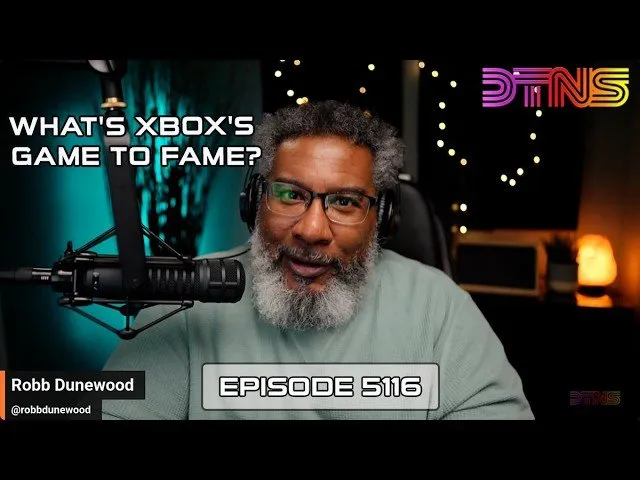Table of Contents
Magic Johnson transformed from NBA legend to billionaire entrepreneur, building a business empire worth $1.6 billion while championing underserved communities and pioneering HIV advocacy. Speaking at the Lake Nona Impact Forum, Johnson revealed how childhood inspiration, visualization techniques, and unwavering purpose drove his transition from basketball courts to boardrooms.
The conversation explored Johnson's groundbreaking business ventures including the first Starbucks franchises, sports team ownership, and real estate investments. His approach demonstrates how athletes can leverage fame for meaningful business impact while creating opportunities in underrepresented communities.
Key Takeaways
- Magic Johnson grew his net worth from $40 million at retirement to $1.6 billion through strategic business investments and community-focused ventures
- Became the first person ever to franchise Starbucks, ultimately owning 125 stores across 40 markets before selling back to the company
- Pioneered investment in underserved communities, proving Fortune 500 companies could profit in urban America through Burger King, Best Buy, and 24-Hour Fitness franchises
- Led ownership groups for LA Dodgers ($2.2 billion acquisition) and Washington Commanders, becoming first African-American Major League Baseball owner
- Turned down Nike stock in 1979 that would be worth $1.5 billion today, choosing immediate cash over equity due to growing up in poverty
- Survived HIV diagnosis for 33 years by building strong support systems, following medical protocols, and becoming a public advocate for research funding
- Emphasizes work ethic, early mornings (4 AM wake-up), and "winning mentality" as foundations for business and life success
- Advocates for family time without technology, requiring phone-free dinners and vacations to maintain meaningful connections
The Entrepreneurial Awakening
Johnson's business ambitions originated during adolescence when he witnessed two African-American entrepreneurs driving a Mercedes-Benz in Lansing, Michigan. This encounter with Greg Eaton and Joel Ferguson shattered preconceptions about what was possible for Black Americans in business.
The meeting transformed Johnson's aspirations from solely NBA-focused to encompassing business leadership. At age 17, he requested a summer job cleaning their seven-story office building, where a transformational ritual emerged that would shape his future success.
In the CEO's office on the seventh floor, Johnson would sit behind the desk, recline the chair, and role-play as a business executive. He would use the intercom system, pretend to request coffee and newspapers, and spend hours visualizing himself as a successful businessman.
This early visualization practice became foundational to Johnson's approach across basketball and business. He credits this mental rehearsal with preparing him psychologically for eventual business leadership roles, demonstrating the power of deliberately practicing future success scenarios.
The Starbucks Breakthrough
Johnson's partnership with Howard Schultz began during a Seattle SuperSonics game where he strategically introduced himself to the Starbucks founder. The initial meeting led to lunch discussions about Johnson's successful Magic Johnson Theaters, which were performing in the top 10 nationally despite skepticism about inner-city investments.
The pivotal moment occurred when Schultz visited a theater showing Whitney Houston's "Waiting to Exhale." He witnessed 500 Black women wrapped around the corner, sold-out screenings, and active audience engagement with the film. The cultural experience and financial success convinced Schultz that Starbucks could succeed in similar markets.
Johnson's proposal centered on the insight that "Latinos and African-Americans like coffee too," challenging assumptions about urban market potential. He drove Schultz through communities, showcasing beautiful homes and successful residents to dispel stereotypes about urban America.
The partnership required board and shareholder approval, representing Johnson's most nervous business moment. Success led to 125 Starbucks locations across 40 markets, all performing successfully before Johnson sold them back to Starbucks. The only operational change involved replacing traditional jazz music with Lionel Richie, Earth Wind & Fire, and Michael Jackson to better serve the customer base.
Community-Focused Investment Strategy
Johnson's business philosophy consistently prioritized community impact alongside profitability. His Burger King acquisition involved purchasing approximately 40 locations "pennies on the dollar" when the previous owner needed to exit, then improving operations before reselling at significant profit.
The 24-Hour Fitness partnership addressed the lack of fitness facilities in minority communities while proving profitability in underserved markets. These investments demonstrated to Fortune 500 companies that urban America represented viable business opportunities, not just social responsibility projects.
Johnson's real estate fund progression showcased scaling ambition: $300 million initial fund, followed by $600 million, then $1 billion focused on hotels and businesses in underserved communities. The key requirement was that all projects had to be successful to encourage other minority entrepreneurs and attract institutional capital.
This approach faced initial resistance, with five rejections from potential investors who "didn't believe in urban America." Johnson understood that his success would determine whether other minorities could access similar opportunities, creating pressure to excel while opening doors for others.
Sports Ownership Leadership
The LA Dodgers acquisition for $2.2 billion represented historic significance as Johnson became the first African-American owner in Major League Baseball. Initial skepticism about "overpaying" transformed into vindication through two World Series championships and consistent divisional success.
Under Johnson's ownership, the Dodgers achieved number one attendance for 12 straight years while creating a "melting pot" fan experience that unified Latino, African-American, and white communities. The team won their division every season except one, demonstrating both business and competitive success.
The Washington Commanders purchase continued Johnson's sports leadership, focusing on employee morale improvement and organizational culture transformation. The previous ownership had created low employee morale and underinvestment in facilities, requiring comprehensive rebuilding efforts.
Johnson's approach emphasized employee value, respect, and empowerment while maintaining high performance standards. The team's rapid improvement to the NFC Championship game in just two seasons demonstrated the impact of strong leadership and cultural change on organizational performance.
HIV Advocacy and Medical Breakthroughs
Johnson's 1991 HIV diagnosis created a life-defining moment that transformed him from patient to advocate. The diagnosis came at career peak—following three straight NBA Finals appearances—making the news particularly devastating for both personal and professional reasons.
The most challenging aspect involved telling his pregnant wife Cookie, who responded with initial tears followed by determination to "beat this together." Her support, symbolized by slapping him when he suggested she could leave, provided the foundation for his survival and advocacy journey.
Dr. David Ho became Johnson's primary physician, providing both treatment protocols and crucial education about the virus. Elizabeth Glaser served as inspiration and mentor, encouraging Johnson to become "the face of HIV" and get involved in advocacy before her death.
Partnership with Elizabeth Taylor led to 20 years of fundraising for HIV/AIDS research and treatment access. Johnson's public stance helped destigmatize the disease while demonstrating that HIV-positive individuals could live productive, successful lives with proper medical care and support systems.
Leadership Philosophy and Work Ethic
Johnson's leadership approach combines high standards with employee empowerment, drawing from team sports experience where individual excellence serves collective success. He maintains a 4 AM wake-up routine with two hours of exercise before full workdays, setting organizational tone through personal example.
His hiring philosophy emphasizes finding "great people" who can develop strategies and solutions rather than requiring personal involvement in every decision. This delegation approach enables scaling while maintaining quality standards across multiple business ventures.
Performance management involves clear expectations with consequences for non-performance. Johnson describes himself as "driven to win" and willing to "slice and dice" employees who don't meet standards, while simultaneously providing support and recognition for high performers.
The balance between demanding excellence and treating people fairly creates organizational cultures where employees "buy into the vision" because they understand expectations and feel valued for their contributions. This approach has proven effective across sports teams and business ventures.
Family Values in the Digital Age
Johnson implements strict technology boundaries to maintain family connections, requiring all family members to leave phones outside during dinners and vacations. This policy ensures two-hour periods of genuine conversation and interaction.
The dining rule addresses the broader challenge of restaurant experiences where "nobody's talking" because everyone engages with devices instead of each other. Johnson wants to know about his children's activities, school progress, and general well-being through direct conversation.
Vacation phone restrictions initially meet resistance but ultimately create positive experiences including karaoke nights and family games. Children learn to appreciate technology-free time once they experience the benefits of undivided attention and genuine connection.
This approach reflects Johnson's broader philosophy about intentional relationship building and the importance of creating space for meaningful human interaction in an increasingly digital world. The strategy works because it's consistently enforced with clear consequences for non-compliance.
Missed Opportunities and Forward Focus
Johnson's decision to choose Converse over Nike in 1979 represents one of history's most expensive financial mistakes. The Nike stock offer, declined due to immediate cash needs from growing up poor, would be worth $1.5 billion today.
However, Johnson maintains a strict "no backwards" philosophy, refusing to dwell on missed opportunities or regret past decisions. This mindset enables focus on current and future opportunities rather than ruminating on unchangeable past choices.
The principle extends to all business decisions, including successful exits from companies like Starbucks. When questioned about selling Starbucks stock before its massive appreciation, Johnson emphasizes forward momentum over hindsight analysis.
This psychological approach prevents analysis paralysis and enables continued risk-taking and opportunity recognition. By not second-guessing past decisions, Johnson maintains confidence to make future decisions without being constrained by previous outcomes.
Public Health Advocacy
Johnson's HIV experience created deep appreciation for medical research funding and public health infrastructure. He advocates for continued government funding regardless of political affiliation, emphasizing that health issues transcend partisan politics.
The progression from one available drug (AZT) in 1991 to over 40 treatment options today demonstrates the importance of sustained research investment. Johnson credits this medical progress with enabling his 33-year survival and continued productive life.
His message emphasizes the life-or-death nature of public health funding for people unable to afford treatment independently. Johnson works with organizations providing free medications to underserved populations, understanding that access issues can be fatal.
The advocacy extends beyond HIV to general principles about society's responsibility to support medical research and treatment access. Johnson argues that America's resource abundance creates moral obligations to help people regardless of their ability to pay.
Current LA Fire Relief Efforts
Governor Newsom appointed Johnson to lead revitalization efforts in Altadena, an 80% African-American community devastated by recent fires. Johnson's primary concern involves protecting residents from predatory land purchases during vulnerable periods.
Land values in affected areas reach millions of dollars, but scared residents sometimes sell for hundreds of thousands due to fear and lack of information. Johnson created public service announcements urging residents to understand true property values before selling.
The relief efforts extend beyond land protection to include immediate needs like clothing, food, and temporary housing. Johnson's involvement represents continuation of his community service focus using his platform and resources to address urgent needs.
This work exemplifies Johnson's consistent pattern of leveraging success for community benefit, particularly in situations where his voice and credibility can prevent exploitation of vulnerable populations during crisis periods.
Parental Wisdom and Childhood Lessons
Johnson's upbringing in a large family (10 children) with limited financial resources but abundant love created foundational values about work ethic, education, and community service. His father's 30-year General Motors career with perfect attendance record influenced Johnson's punctuality and reliability standards.
His mother's practice of taking food from family plates to create meals for elderly neighbors taught early lessons about service and sacrifice. Despite having insufficient food for their own family, she insisted on helping others, teaching Johnson that "you have to give back and help people."
These childhood experiences shaped Johnson's current approach to wealth and success, viewing prosperity as an opportunity to "bless other people" rather than purely personal achievement. The lessons about education, discipline, and service became core principles guiding both business and philanthropic decisions.
Johnson recommends that parents today focus on creating genuine family connections through technology boundaries and shared experiences. His emphasis on dinner conversations and phone-free vacations reflects understanding that meaningful relationships require intentional effort and protected time.
Common Questions
Q: How did Magic Johnson convince Howard Schultz to let him franchise Starbucks? A: Johnson demonstrated success with his movie theaters, showed Schultz the urban market potential firsthand, and proved that minority communities represented profitable business opportunities.
Q: What was Johnson's biggest business mistake? A: Choosing immediate cash from Converse over Nike stock in 1979, which would be worth $1.5 billion today, but he maintains a "no backwards" philosophy about past decisions.
Q: How has Johnson survived HIV for 33 years? A: Through strong support systems (especially his wife Cookie), following Dr. David Ho's medical protocols, maintaining fitness routines, and becoming a public advocate for research and treatment access.
Q: What's Johnson's leadership philosophy in business? A: Hire great people, set clear expectations, provide support and recognition, but maintain high standards with consequences for non-performance while leading by personal example.
Q: How does Johnson balance family time with business demands? A: Strict technology boundaries during meals and vacations, early morning routines to maximize family time, and prioritizing genuine conversation over digital distractions.
Magic Johnson's journey demonstrates how athletic excellence can translate into business success when combined with clear purpose, community focus, and unwavering work ethic. His billion-dollar empire serves as proof that profitable businesses can simultaneously create meaningful social impact and open opportunities for underrepresented communities.

